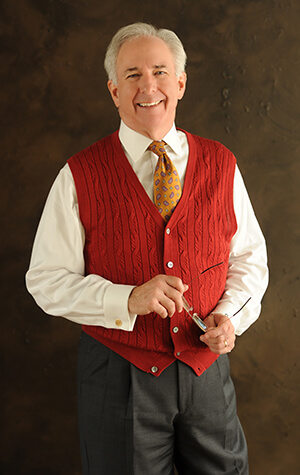You would think that working with and being around adults most of the time would free us from needing to ask anyone for permission to do anything. With maturity comes autonomy, with autonomy more responsibility, and with both of those, a sense of self-actualization that is freeing, right? Maybe not.
Several years ago, a new client stopped by the office to sign a couple of forms. He had, some two years earlier, bid a tough, tearful goodbye to his beloved wife of many years who had lost her battle with cancer. For over twenty years, he had been what I call a “community friend” whose many gifts touched people and organizations where we live. But now, this once outgoing personality was slogging through a very tough season.
A year passed, then two. When we reconnected, he seemed to be inside thick, grief-hewn walls that had shut down so much of his vibrant life. Through our rekindled friendship, I helped him work through several estate issues and, by his invitation, became someone with whom he could share his grief journey.
So one day he walks in the office to sign a document on his way to a board meeting for one of the charities he serves. Thinking he was in a hurry, I stood up to walk him to the door when he said, “Do you have some friend time for me today?” Briefly caught off guard, I said, “Of course. But I thought you had a meeting.” “I do,” he replied, “but I need a few minutes to talk about something very personal.”
In the next few minutes, he told me that over the last few months, he had met someone and a new joy had awakened in his soul. I knew he was seeing someone, but had no idea the relationship was moving as quickly as I then learned it was. The more I listened, the more I knew he and his new love were headed in a direction that could very well lead to the altar.
He then posed the question: “Am I being disloyal to Susan falling in love with Maggie?”
“Why would you think that?” I asked. When he told me, I understood more of his feelings and said, “The Susan I knew would be celebrating your happiness, hoping that whatever years are before you would be filled with much love and joy.” A big smile broke across his face. We hugged and said goodbye. A couple of months later, Maggie and my friend married.
Sometimes, even adults need another adult to give them permission to do what they really want and must do. Call it what you like, but all of us look to trusted people whose counsel we respect and in whose company we find strength. When a client asks you permission to do something, if it’s not illegal, unethical, immoral, or financially unwise, help them find a way to “Yes.” Doing so opens the door to a transformative level of care. Clients need “friend time” with us. When advisors create that time, we deepen relationships to those we serve, affirming the reason we have said “Yes” to each other.
Note: Names have been changed to protect the privacy of those depicted in this article.


 Dr. Tim Owings is the preeminent authority for care-centric client engagement in the service-oriented industries of finance, accounting, law, insurance, and human resource management.
Dr. Tim Owings is the preeminent authority for care-centric client engagement in the service-oriented industries of finance, accounting, law, insurance, and human resource management.
Very interesting!
This is a great story, Tim. It speaks to the vulnerability we have after pain, the fear of being judged, and the importance of a wise and moral counselor, and, more importantly, a friend. Thanks for sharing.